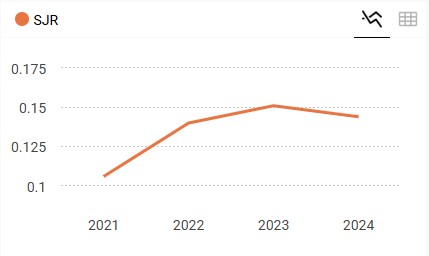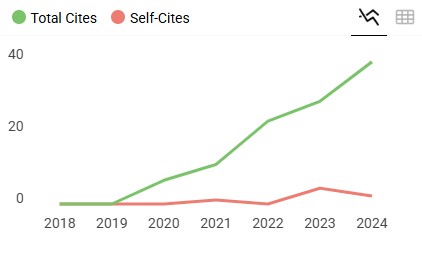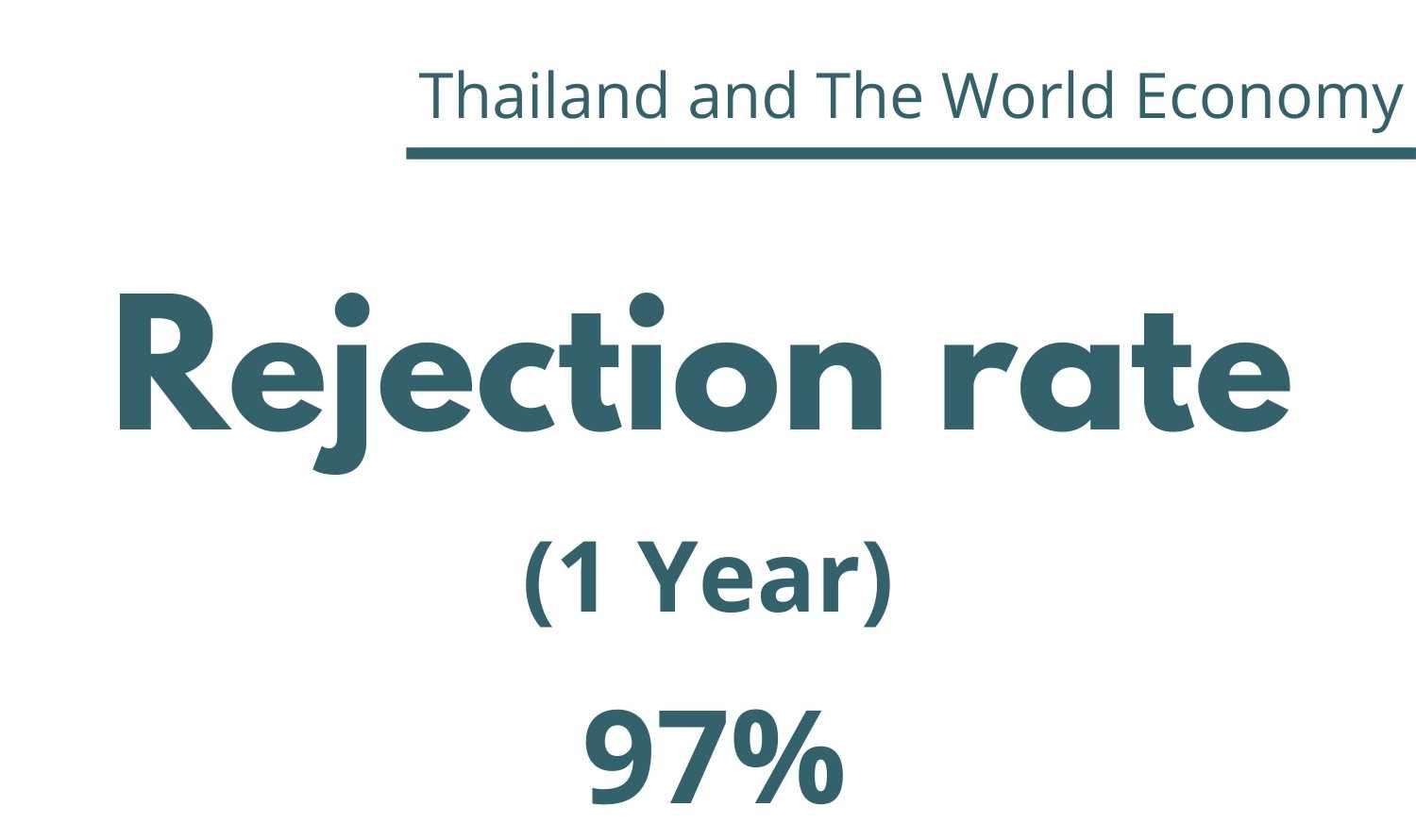The Road Ahead for Satisfaction and Policy
Philosophical and Practical Issues
Abstract
In this paper, we review some well-known philosophical problems with the use of happiness as the maximand of social policy, as well as, the practical problems one faces if one were to take happiness seriously as a policy maker. We illustrate the mainstream solutions to these problems by means of an application to the value-of-life.
References
1. Benson, E.W., (1996), "Poverty in Post-Soviet Russia: myths and realities", a presentation at the SSRC seminar on the Economics of Transition, St. Petersburg.
2. Bentham, J. (1798), Introduction to the priciples and morals of legislation, London, University of Athlone Press, London.
3. Brickman, P., Cambell, D.T. (1971), "Hedonic relativism and planning the good society", in Apley, M.H. (ed.), Adaptation-level theory: a symposium, Academic Press, New York.
4. Callan, T., Nolan, B. (1991), "Concepts of poverty and the poverty line", Journal of Economic Surveys,no. 5, pp. 243-261.
5. Clark, A., P. Frijters, Shields, M.A. (2008), "Relative Income, Happiness, and Utility: An Explanation for the Easterlin Paradox and Other Puzzles," Journal of Economic Literature, 46(1), pp. 95-144.
6. Cohen, J. P. (1997), “Utility: a Real thing,” Ph.D.-thesis, Amsterdam, Thesis Publishers.
7. Danis, M., Patrick, D., Southerland, L., and M. Green (1988), "Patients' and families' preferences for medical intensive care", Journal of the American Medical Association, 260, pp. 797- 802.
8. Diener, E., Lucas, R.E. (1998), "Personality and subjective well-being" in Kahneman, D., Diener, E., Schwarz, N. (Eds), Foundations of hedonic psychology: scientific perspectives on enjoyment and suffering, Russel Sage Foundation, New York.
9. Diener, E., Suh, E. (1997), "Measuring the quality of life: economic, social and subjective indicators", Social Indicators Research, 40, pp. 189-216.
10. Dworkin, R. (1977), Taking rights seriously, Duckworth, London.
11. Edgeworth, F.Y. (1881), Mathematical Psychics, Kegan Paul, London.
12. Frank, Robert H. (1985), "The Demand for unobservable and other positional goods", American Economic Review, 71(1), pp. 101-116.
13. Frijters, P., Johnston, D.W., Shields, M.A. (2008), "Selection, Anticipation, Adaptation and Life Satisfaction: New Evidence from Quarterly Events Data and the Calculation of Dynamic Compensation," Working Paper.
14. Groot, W, Maassen van den Brink, H., Plug, E.J.S. (1998), "Wat is Het Leven ons Waard?", Economische Statistische Berichten 4158, pp. 497-500.
15. Kapteyn, A. (1977), “A Theory of Preference Formation,” Ph.D.Thesis, Leyden University, Leyden.
16. Kymlicka, W. (1990), Contemporary political philosophy, Oxford University Press, New York.
17. Ng, Y.K. (1996), "Happiness surveys: some comparability issues and an exploratory survey based on just perceived increments", Social Indicators Research, 38(1), pp. 1-27.
18. Nord, E. (1992), "Methods for Quality Adjustment of Life Years", Social Science and Medicine 34(5), pp. 559-569.
19. Nozick, R. (1974), Anarchy, state and utopia, Basic Books, New York.
20. Nussbaum, M., Sen, A.K. (1992, eds), The quality of life, Clarendon Press, Oxford.
21. Parducci, A. (1995), Happiness, pleasure and judgment, the contextual theory and its applications, Erlbaum Associates, Mahwah, New York.
22. Ryff, C.D. (1989), "Happiness is everything, or is it? Explorations on the meaning of psychological well-being", Journal of Personality and Social Psychology, 6, pp. 1069-1081.
23. Schwarz, N. (1995), "What respondents learn from questionnaires: the survey interview and the logic of conversation", International Statistical Review, 63(2), pp. 153-177.
24. Sen, A.K. (1987), The standard of living, Cambridge University Press, The Tanner Lectures, pg. 49.
25. Shizgal, P. (1998), "On the neural computation of utility: implications from studies of brain stimulation reward", in Kahneman, D., Diener, E., Schwarz, N. (Eds), Foundations of hedonic psychology: scientific perspectives on enjoyment and suffering, Russel Sage Foundation, New York.
26. Sloan, F.A. (1996), Valuing health care, Cambridge University Press, Cambridge.
27. Van Praag, B.M.S. (1971), "The Welfare Function of Income in Belgium: An Empirical Investigation", European Economic Review, nr. 2, pp. 337-369.
28. Van Praag, B.M.S. (1991), "Ordinal and Cardinal Utility: An Integration of the two Dimensions of the Welfare Concept", Journal of Econometrics, 50, pp. 69-89.
29. Veenhoven, R. (1996), "Developments in Satisfaction-Research", Social Indicators Research, 37, pp. 1-46.
30. Veenhoven, R. (2006), "Average Happiness in 95 Nations 1995-2005," World Database of Happiness, RankReport 2006-1d.
31. Viscusi, W., Aldy, J. (2003), "The Value of a Statistical Life: A Critical Review of Market Estimates Throughout the World," Journal of Risk and Uncertainty, 27(1), pp. 5-76.
2. Bentham, J. (1798), Introduction to the priciples and morals of legislation, London, University of Athlone Press, London.
3. Brickman, P., Cambell, D.T. (1971), "Hedonic relativism and planning the good society", in Apley, M.H. (ed.), Adaptation-level theory: a symposium, Academic Press, New York.
4. Callan, T., Nolan, B. (1991), "Concepts of poverty and the poverty line", Journal of Economic Surveys,no. 5, pp. 243-261.
5. Clark, A., P. Frijters, Shields, M.A. (2008), "Relative Income, Happiness, and Utility: An Explanation for the Easterlin Paradox and Other Puzzles," Journal of Economic Literature, 46(1), pp. 95-144.
6. Cohen, J. P. (1997), “Utility: a Real thing,” Ph.D.-thesis, Amsterdam, Thesis Publishers.
7. Danis, M., Patrick, D., Southerland, L., and M. Green (1988), "Patients' and families' preferences for medical intensive care", Journal of the American Medical Association, 260, pp. 797- 802.
8. Diener, E., Lucas, R.E. (1998), "Personality and subjective well-being" in Kahneman, D., Diener, E., Schwarz, N. (Eds), Foundations of hedonic psychology: scientific perspectives on enjoyment and suffering, Russel Sage Foundation, New York.
9. Diener, E., Suh, E. (1997), "Measuring the quality of life: economic, social and subjective indicators", Social Indicators Research, 40, pp. 189-216.
10. Dworkin, R. (1977), Taking rights seriously, Duckworth, London.
11. Edgeworth, F.Y. (1881), Mathematical Psychics, Kegan Paul, London.
12. Frank, Robert H. (1985), "The Demand for unobservable and other positional goods", American Economic Review, 71(1), pp. 101-116.
13. Frijters, P., Johnston, D.W., Shields, M.A. (2008), "Selection, Anticipation, Adaptation and Life Satisfaction: New Evidence from Quarterly Events Data and the Calculation of Dynamic Compensation," Working Paper.
14. Groot, W, Maassen van den Brink, H., Plug, E.J.S. (1998), "Wat is Het Leven ons Waard?", Economische Statistische Berichten 4158, pp. 497-500.
15. Kapteyn, A. (1977), “A Theory of Preference Formation,” Ph.D.Thesis, Leyden University, Leyden.
16. Kymlicka, W. (1990), Contemporary political philosophy, Oxford University Press, New York.
17. Ng, Y.K. (1996), "Happiness surveys: some comparability issues and an exploratory survey based on just perceived increments", Social Indicators Research, 38(1), pp. 1-27.
18. Nord, E. (1992), "Methods for Quality Adjustment of Life Years", Social Science and Medicine 34(5), pp. 559-569.
19. Nozick, R. (1974), Anarchy, state and utopia, Basic Books, New York.
20. Nussbaum, M., Sen, A.K. (1992, eds), The quality of life, Clarendon Press, Oxford.
21. Parducci, A. (1995), Happiness, pleasure and judgment, the contextual theory and its applications, Erlbaum Associates, Mahwah, New York.
22. Ryff, C.D. (1989), "Happiness is everything, or is it? Explorations on the meaning of psychological well-being", Journal of Personality and Social Psychology, 6, pp. 1069-1081.
23. Schwarz, N. (1995), "What respondents learn from questionnaires: the survey interview and the logic of conversation", International Statistical Review, 63(2), pp. 153-177.
24. Sen, A.K. (1987), The standard of living, Cambridge University Press, The Tanner Lectures, pg. 49.
25. Shizgal, P. (1998), "On the neural computation of utility: implications from studies of brain stimulation reward", in Kahneman, D., Diener, E., Schwarz, N. (Eds), Foundations of hedonic psychology: scientific perspectives on enjoyment and suffering, Russel Sage Foundation, New York.
26. Sloan, F.A. (1996), Valuing health care, Cambridge University Press, Cambridge.
27. Van Praag, B.M.S. (1971), "The Welfare Function of Income in Belgium: An Empirical Investigation", European Economic Review, nr. 2, pp. 337-369.
28. Van Praag, B.M.S. (1991), "Ordinal and Cardinal Utility: An Integration of the two Dimensions of the Welfare Concept", Journal of Econometrics, 50, pp. 69-89.
29. Veenhoven, R. (1996), "Developments in Satisfaction-Research", Social Indicators Research, 37, pp. 1-46.
30. Veenhoven, R. (2006), "Average Happiness in 95 Nations 1995-2005," World Database of Happiness, RankReport 2006-1d.
31. Viscusi, W., Aldy, J. (2003), "The Value of a Statistical Life: A Critical Review of Market Estimates Throughout the World," Journal of Risk and Uncertainty, 27(1), pp. 5-76.
Downloads
How to Cite
Frijiters, P., & Mujcic, R. (2008). The Road Ahead for Satisfaction and Policy: Philosophical and Practical Issues. Thailand and The World Economy, 26(2), 49–71. retrieved from https://so05.tci-thaijo.org/index.php/TER/article/view/136450
Issue
Section
Research Article










